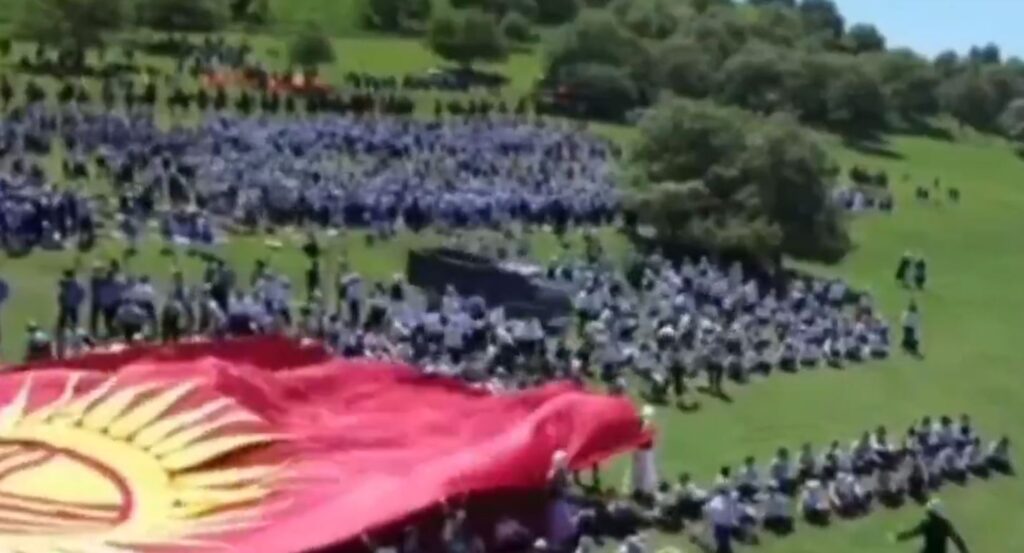Uzbekistan’s Schoolchildren to Sit International PISA Tests
In 2025, Uzbekistan, with the support of the World Bank, will participate in the Programme for International Student Assessment (PISA) administered by the Organization for Economic Cooperation and Development (OECD), with pilot testing starting this May.
PISA testing assesses the ability of students from more than 80 countries in their knowledge and skills in reading, math and science.
When allocating funding for PISA testing in 2019, World Bank experts noted the acute shortage of teachers and their low qualifications and in addition, the absence of means to assess both the quality of preschool education and a comfortable environment for learning.
“Investing in children’s early education is one of the most effective ways to develop human capital, which in turn will stimulate economic growth in the country,” Hideki Mori, the head of the World Bank’s representative office in Uzbekistan, said at the time.
Last year’s test results placed Uzbek schoolchildren in the bottom ten of the 80 participant countries. The cause indicated significant problems within the domestic education system and subsequent data revealed a direct correlation between test results and families’ socioeconomic status.
To address the issue, officials plan to allocate more than $3.7 billion for schools and school education curricula this year.








